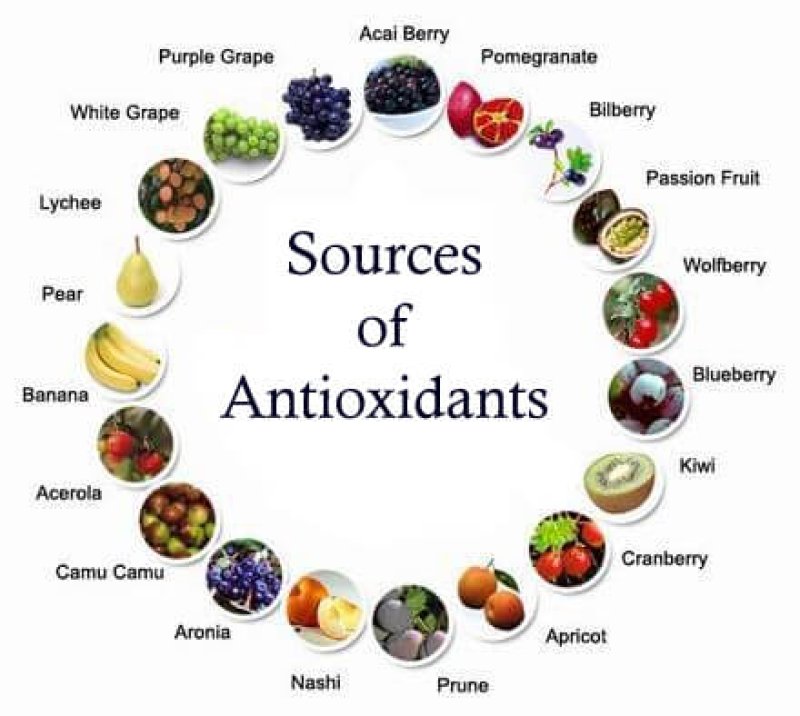The GLP aggregated and excerpted this blog/article to reflect the diversity of news, opinion and analysis.
Antioxidants have been pitched from grocery store shelves, vitamin supplement labels, and by nutritionist sketchballs for as long as I can remember. Indeed, the basic idea traces all the way back to the 1920s and the identification of vitamin E and its benefits for the reproductive health of mice. The idea would peak in the early 00’s with the sudden ascendancy of the “superfoods” marketing movement — largely premised on the idea of beneficial antioxidants—and it’s waned only slightly since.
As described in the current issue of Science Translational Medicine, researchers have found that antioxidants as much as double the rate of melanoma metastasis in mouse models. The results align well with other recent research by the same group finding that antioxidant supplements hasten and aggravate the progression of lung cancer, the most common form of the disease. Both sets of findings sit atop a growing body of evidence that antioxidant supplementation is a sketchy, possibly even dangerous practice for those without pre-existing antioxidant deficits.
Antioxidant hype was never really based on science. A handful of studies in the early ’90s suggested that people will low intake of fruits and vegetables known to be high in antioxidants were at greater risk for cancer, and the supplement industry went all out in selling the idea (it’s still going all out). Follow up studies, however, focused on individual antioxidant compounds and found not much benefit. These were easily drowned out by a towering wave of antioxidant hype.
Read full, original post: Still More Evidence That Antioxidants Increase Cancer Risk































